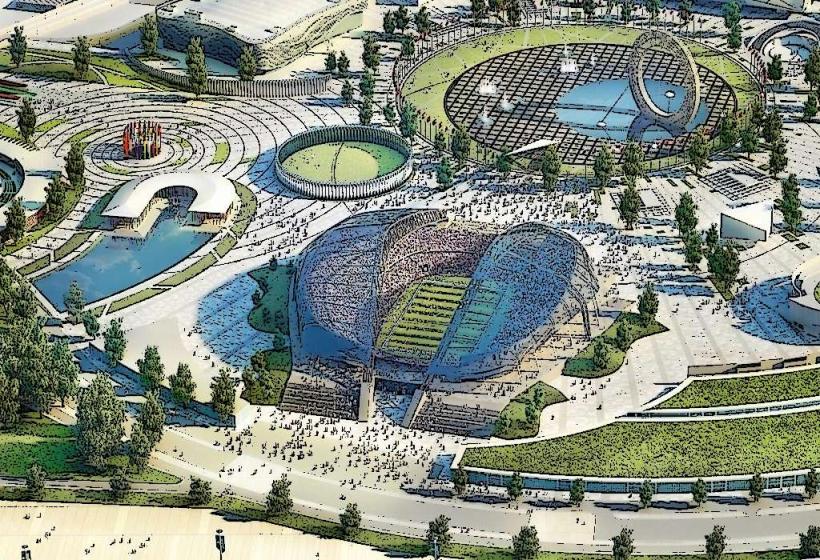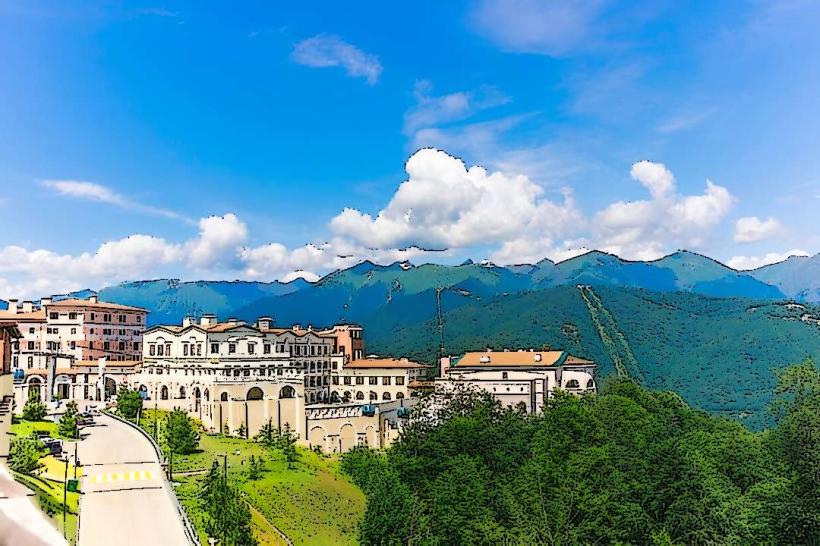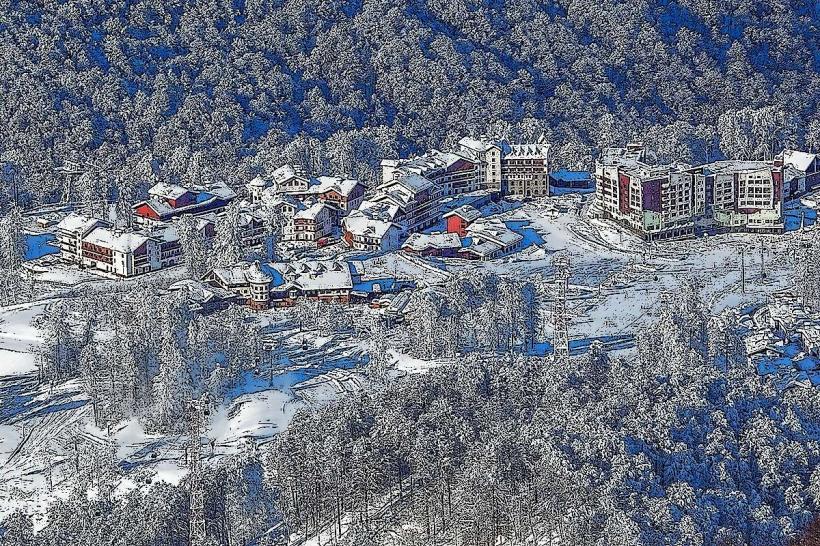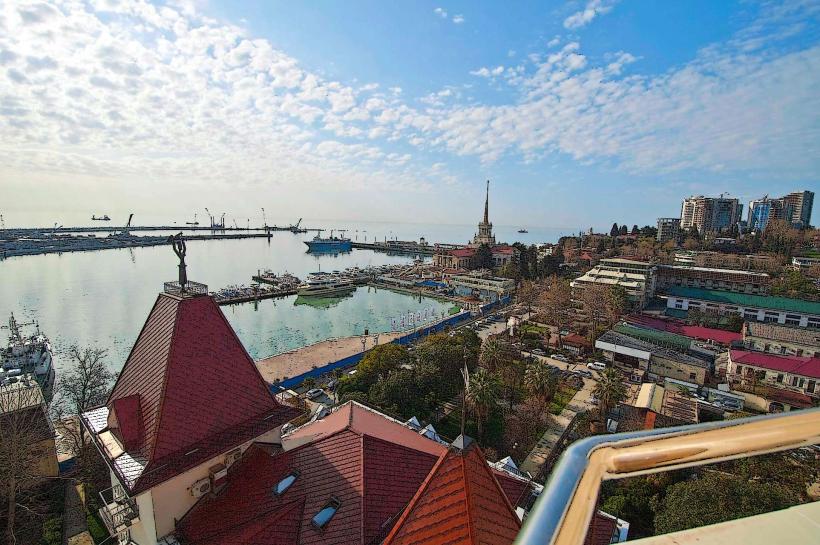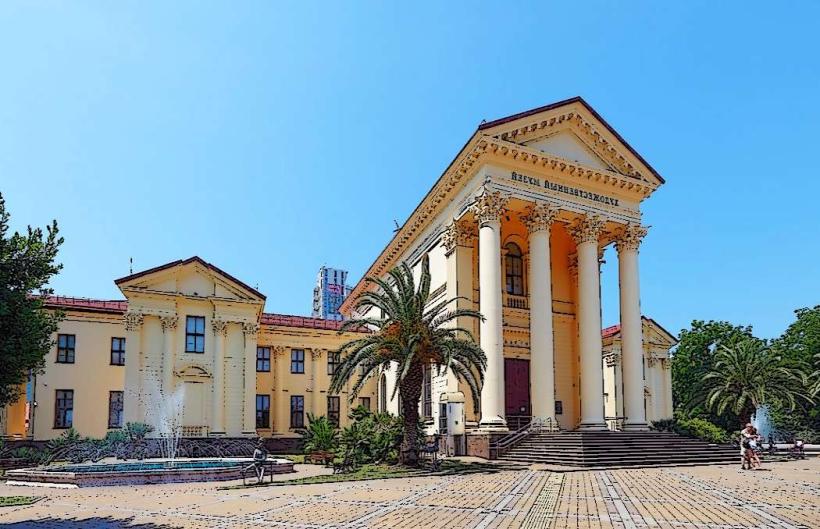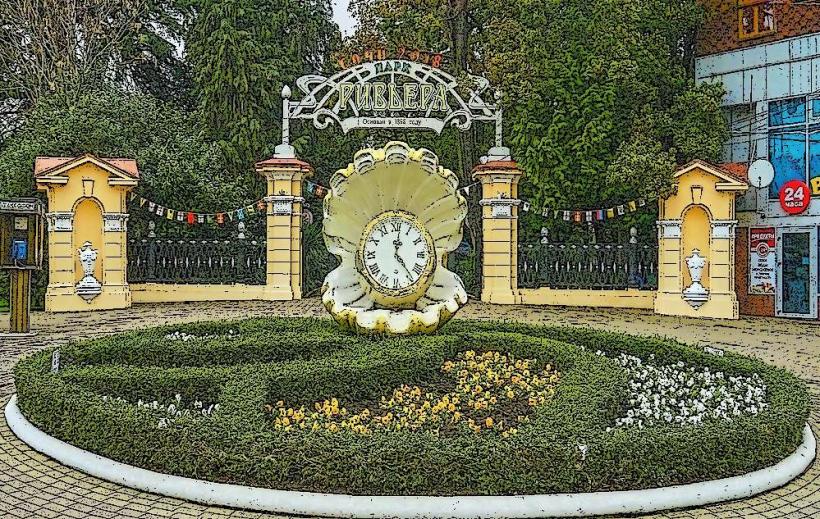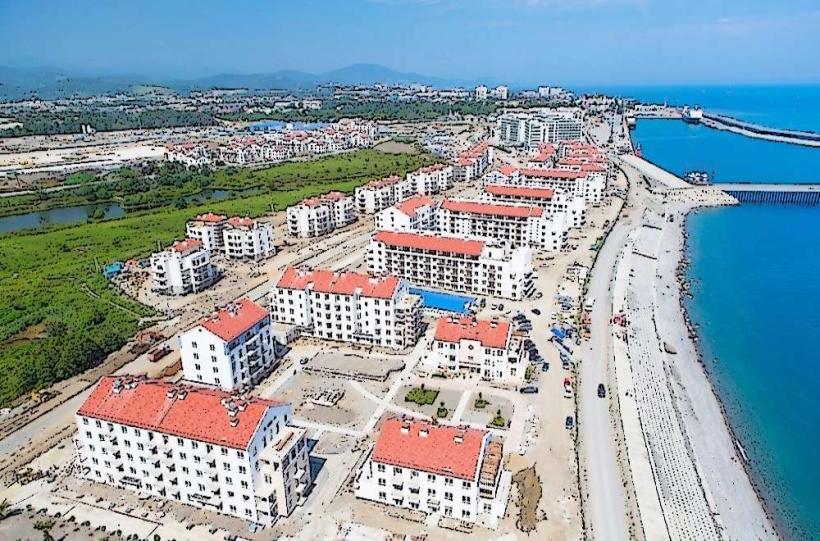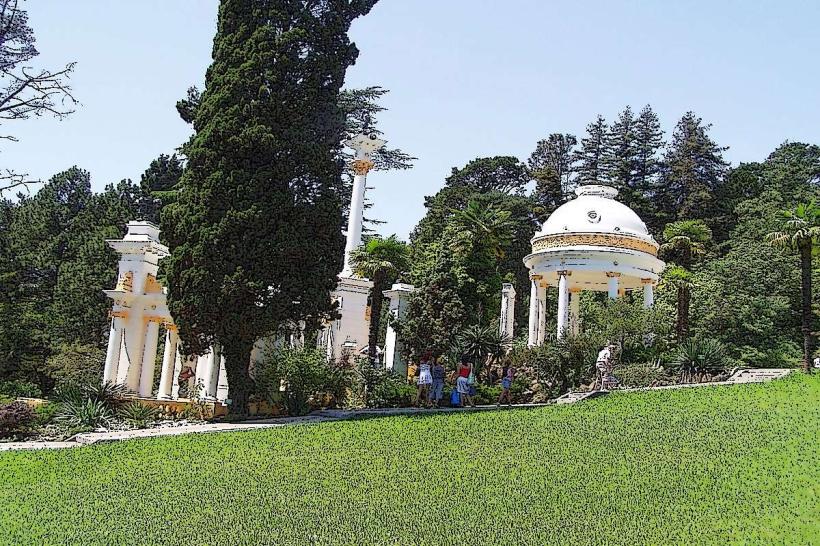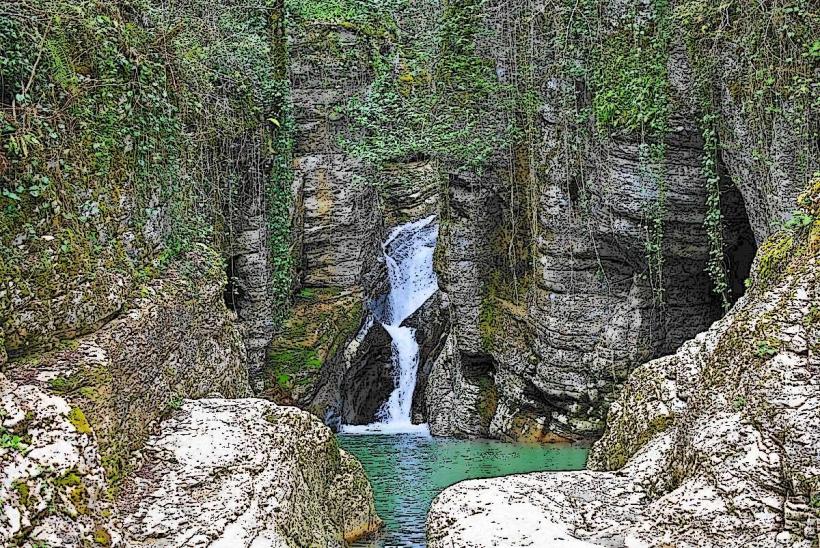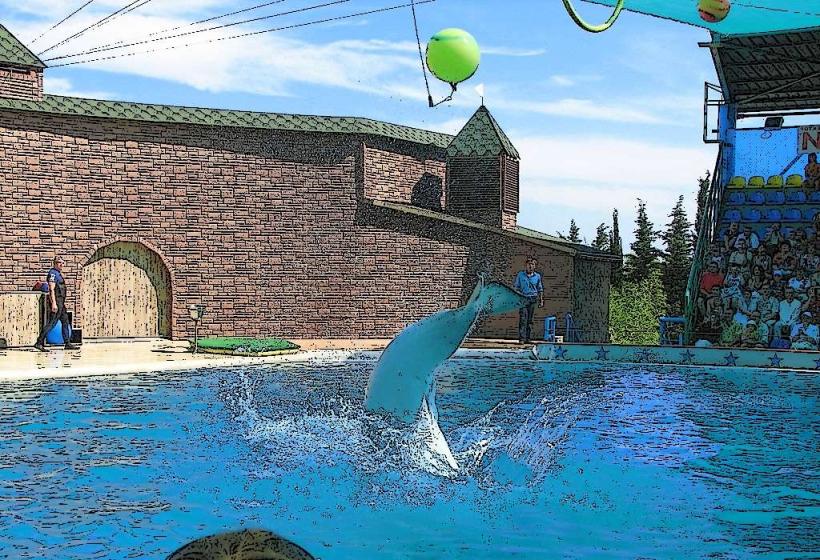Information
City: SochiCountry: Russia
Continent: Europe
Sochi, Russia, Europe
Sochi serves as Russia's "Summer Capital" and its premier subtropical resort destination. It is situated on the Black Sea coast at the foot of the Greater Caucasus Mountains in the Krasnodar Krai, stretching approximately 145 kilometers along the shoreline-making it one of the longest cities in the world.
Historical Timeline
Sochi's modern development began in the late 19th century as a health resort for the Russian elite, encouraged by the discovery of mineral springs (Matsesta). It became a favored retreat for Joseph Stalin, who built a private dacha here and initiated the city's transformation into a massive neoclassical sanatorium hub. The most significant modern shift occurred with the 2014 Winter Olympics, which brought an estimated $50 billion in infrastructure investment. In 2026, the city functions as a key strategic diplomatic site and a booming domestic tourism hub following international travel restrictions.
Demographics & Population
The metropolitan population is approximately 484,000 as of 2026. The demographic is roughly 70% ethnic Russian, with significant Armenian (14%), Ukrainian, and Georgian minorities. The city hosts over 100 ethnic groups. The median age is approximately 38 years, though it fluctuates significantly with seasonal tourist influxes that can exceed 6 million visitors annually.
Urban Layout & Key Districts
The city is divided into four major administrative districts:
Tsentralny (Central): The historic and administrative core; home to the main port and Riviera Park.
Adler: The southernmost district; contains the International Airport and the Olympic Park (coastal cluster).
Khosta: A quieter district between Central and Adler; known for the Akhun Mountain and the Yew-and-Boxwood Grove.
Lazarevskoye: The largest and northernmost district; characterized by a rugged coastline and smaller resort settlements.
Top City Landmarks
Olympic Park (Sirius): Site of the 2014 coastal venues and the Sochi Autodrom (F1 track).
Krasnaya Polyana: A world-class mountain cluster (Rosa Khutor/Gorki Gorod) for skiing and hiking.
Stalin's Dacha (Zelyonaya Roshcha): A preserved historical site and museum.
Mount Akhun: Features a Romanesque lookout tower with panoramic views of the sea and mountains.
Sochi Arboretum (Dendrarium): A botanical garden containing over 1,500 species of subtropical flora.
Transportation Network
Movement is anchored by a modernized rail network connecting Adler, the Airport, Central Sochi, and the mountain clusters via Lastochka express trains. Sochi International Airport (AER) remains one of the few active hubs in Southern Russia in 2026, primarily serving domestic routes and limited international flights (Turkey, UAE, Armenia). Taxis are best booked via Yandex Go. The coastal M27 highway is prone to extreme congestion during peak summer and winter seasons.
Safety & "Red Zones"
Sochi is generally safer than Moscow or Saint Petersburg due to its resort status and heavy security presence. However, travel advisories from Western nations (US, UK) remain at "Do Not Travel" levels in 2026. Political demonstrations are strictly prohibited. The border with Abkhazia (Adler district) is an active frontier; foreigners should ensure they have the correct multi-entry Russian visa before attempting to cross, though Western governments advise against visiting Abkhazia. GPS jamming is frequent near government residences and the airport.
Digital & Financial Infrastructure
Foreign-issued Visa and Mastercard cards do not work. Travelers must use cash (RUB) or obtain a local MIR card. Internet speeds in the Olympic areas reach 100+ Mbps, but access to Western social media (Instagram, Facebook) is blocked without a VPN. Since 2025, biometrics are required for purchasing local SIM cards.
Climate & Air Quality
Sochi has a humid subtropical climate, unique in Russia. Winters are mild ($6^{\circ}\text{C}$ to $12^{\circ}\text{C}$ on the coast) while mountains are snow-covered. Summers are hot and humid ($25^{\circ}\text{C}$ to $32^{\circ}\text{C}$). Air quality is very high due to the lack of heavy industry and proximity to the sea and Caucasus Biosphere Reserve.
Culture & Social Norms
Social standards are more relaxed than in the north but still formal. Tipping of 10% is standard. The local culture is a blend of Russian and Caucasian traditions; the "Caucasian hospitality" influence is prominent in dining. Alcohol consumption is ubiquitous, but public intoxication in the city center is penalized.
Accommodation Zones
Sirius/Adler: Stay here for modern hotels, the Olympic Park, and proximity to the airport.
Krasnaya Polyana: Stay here for alpine luxury, mountain sports, and high-end spas.
Local Cost Index
1 Espresso: 180–250 RUB ($2.00–$2.75)
1 Standard Lunch: 700–1,200 RUB ($7.70–$13.20)
1 Lastochka Train Ticket (Adler to Rosa Khutor): 350 RUB ($3.85)
Nearby Day Trips
Abkhazia (Lake Ritsa): 100 km (Full day, requires border crossing).
Skypark AJ Hackett Sochi: 20 km (World's longest pedestrian suspension bridge).
Vorontsovskaya Caves: 35 km (Extensive underground limestone system).
Facts & Legends
A verified historical oddity is that Sochi is the only city in Russia where tea is grown commercially (Dagomys Tea). A prominent local legend concerns the "White Lady of the Akhun Tower," a ghost said to appear on foggy nights to travelers near the mountain peak. The city also features a "Stalin’s Tunnel" legend-a rumored subterranean passage connecting his dacha directly to a secret seaside bunker.

